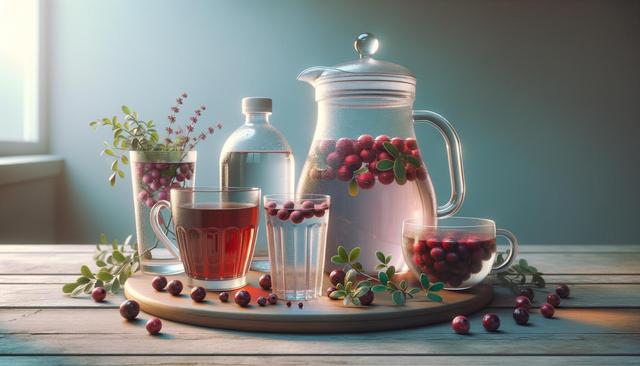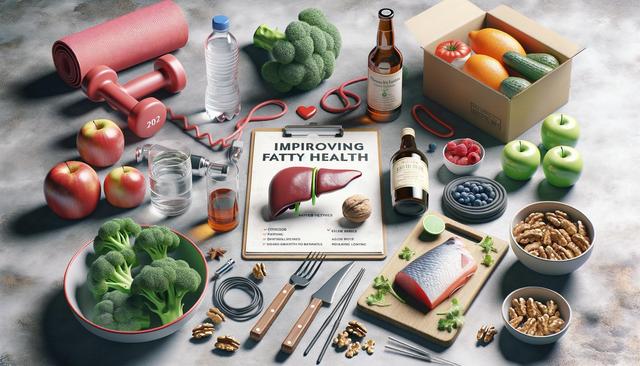The Role of Hydration in Bladder Health
Proper hydration is a fundamental factor in managing urinary incontinence and preventing urinary tract infections (UTIs). Drinking enough water helps flush bacteria from the urinary tract, reducing the risk of infection and irritation. For individuals dealing with urinary incontinence, choosing the right fluids can support bladder function and reduce symptoms. While water remains the most effective beverage for hydration, not all drinks offer the same benefits. Beverages with high sugar content or stimulants may trigger bladder discomfort or worsen incontinence symptoms.
Maintaining a consistent intake of water throughout the day can help dilute urine, making it less irritating to the bladder lining. Clear, filtered water is often recommended over flavored or carbonated alternatives, which may contain additives that disrupt bladder balance. Setting reminders to drink small amounts regularly can support hydration without overwhelming the bladder, which is especially important for those managing frequent urges or leaks.
Drinks to Avoid That May Worsen Incontinence
Certain beverages have been identified as common bladder irritants and can exacerbate urinary incontinence symptoms. These drinks may increase urine production or irritate the bladder lining, leading to more frequent or urgent urination. Recognizing which drinks to limit or avoid is essential for symptom control and overall urinary health.
Common drinks that may worsen bladder symptoms include:
- Caffeinated beverages such as coffee, black tea, and energy drinks
- Sugary sodas and sweetened fruit juices
- Alcoholic drinks, which act as diuretics and irritants
- Carbonated beverages, including sparkling water and soft drinks
Reducing consumption of these drinks can lead to noticeable improvements in bladder control. Gradual reduction, rather than sudden elimination, may help the body adjust more comfortably. Substituting these drinks with non-irritating alternatives can also ease the transition while supporting bladder health.
Beneficial Drinks for Managing Incontinence
While some drinks can aggravate urinary incontinence, others may offer supportive benefits. Herbal teas and infused waters are often well-tolerated and provide gentle hydration without harsh stimulants. Certain herbal teas, such as chamomile or rooibos, are known for their soothing properties and may help relax the bladder and reduce inflammation.
Here are a few drink options that may be better suited for those managing urinary incontinence:
- Plain filtered water
- Chamomile or rooibos tea (caffeine-free)
- Diluted cranberry juice (unsweetened and in moderation)
- Warm barley water or corn silk tea, both traditionally used to support urinary health
It’s important to monitor how your body responds to different drinks, as individual sensitivities can vary. Keeping a bladder diary to track fluid intake and symptoms may help identify which beverages are more suitable for your routine.
The Link Between Sugary Drinks and UTIs
In addition to urinary incontinence, sugary drinks can play a significant role in the development and persistence of urinary tract infections. High sugar content in beverages can promote bacterial growth in the urinary tract, increasing the risk of infection. This is especially concerning for individuals who are already prone to UTIs or have compromised immune systems.
Reducing or eliminating sugary drinks from your daily intake can support better urinary tract health. This includes avoiding:
- Sweetened sodas
- Fruit punches and cocktails with added sugars
- Sports drinks containing high-fructose corn syrup
- Flavored milks or sweetened plant-based beverages
Instead, opt for naturally flavored water with slices of lemon, cucumber, or berries to add taste without sugar. Consistent hydration with low-sugar or sugar-free options helps maintain a healthier urinary environment and may reduce the frequency of UTIs.
Tips for Healthy Fluid Habits
Establishing healthy drinking habits is key for those managing urinary incontinence and aiming to prevent UTIs. It’s not just about what you drink, but also how and when you drink. Spacing fluid intake throughout the day can prevent overfilling the bladder, especially before bedtime. Avoiding large quantities of fluid in one sitting can also minimize urgency and leakage episodes.
Here are some practical tips for developing bladder-friendly hydration habits:
- Drink smaller amounts of water frequently rather than large volumes at once
- Limit fluid intake two hours before bedtime to reduce nighttime urination
- Choose unsweetened, caffeine-free beverages to avoid bladder irritation
- Monitor your daily fluid intake to ensure adequate hydration without excessive consumption
Consistency is more beneficial than overcorrection. It’s also helpful to consult with a healthcare provider or urologist to create a hydration plan that aligns with your personal health needs and incontinence management goals.
Conclusion: Supporting Bladder Health Through Smart Beverage Choices
Managing urinary incontinence and preventing UTIs involves more than just medications and treatments—it starts with everyday choices, including what you drink. By avoiding sugary and caffeinated beverages and choosing hydrating, bladder-friendly alternatives, individuals can support better urinary health and reduce discomfort. Staying informed and making mindful drink selections can lead to noticeable improvements in symptoms and overall well-being. Whether you’re managing chronic incontinence or simply aiming to prevent infections, building healthy hydration habits is a foundational step toward lasting relief and improved quality of life.


